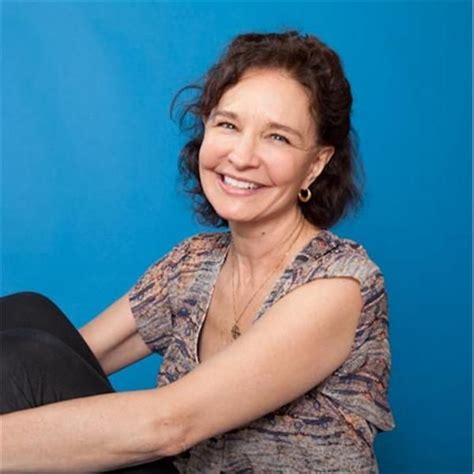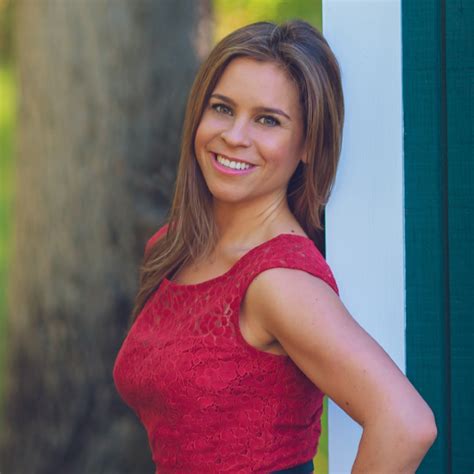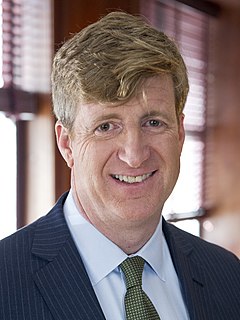A Quote by Andrew Lansley
Especially some of the poorest in our society need to have the greatest support because health inequalities are too wide.
Related Quotes
If God had perceived that our greatest need was economic, he would have sent an economist. If he had perceived that our greatest need was entertainment, he would have sent us a comedian or an artist. If God had perceived that our greatest need was political stability, he would have sent us a politician. If he had perceived that our greatest need was health, he would have sent us a doctor. But he perceived that our greatest need involved our sin, our alienation from him, our profound rebellion, our death; and he sent us a Savior.
Human enhancement is now being driven by military imperatives, at least in the US, because civilian society is more conservative in its approach. It’s a missed opportunity for a society-wide push to understand and reduce our need to power the brain down for hours every day. Every hour we sleep is an hour we are not working, finding mates, or teaching our children; if sleep does not have a vital adaptive function to pay for its staggering opportunity cost, it could be ‘the greatest mistake the evolutionary process ever made’.
I want us to be judged by the impact we have on the health of the people of Africa and the health of women. Improvements in the health of the people of Africa and the health of women are key indicators of the performance of WHO. This is a health organization for the whole world... But we must focus our attention on the people in greatest need.
The truth is that we won’t receive the support we need until we ask for it. Just because we can do it all doesn’t mean we should. And when we don’t speak up about our needs, we’re asking our loved ones to read our minds—and then we resent them when they fail our test. By not being open and honest about the support we need, we’re selling ourselves short and setting our relationships up for failure.
If the economists are arguing as to whether we need to cut or stimulate, because they're completely opposite policies, and they can't work it out then I would say let us work it out for you. Let's look at the lives people are able to lead, the effect of policies on the lives people are able to lead, and hence the likely effect on health and health inequalities.































